Eat a Whole Foods Diet for Longevity and Improved Quality of Life
Ali Segersten Jan 07, 2025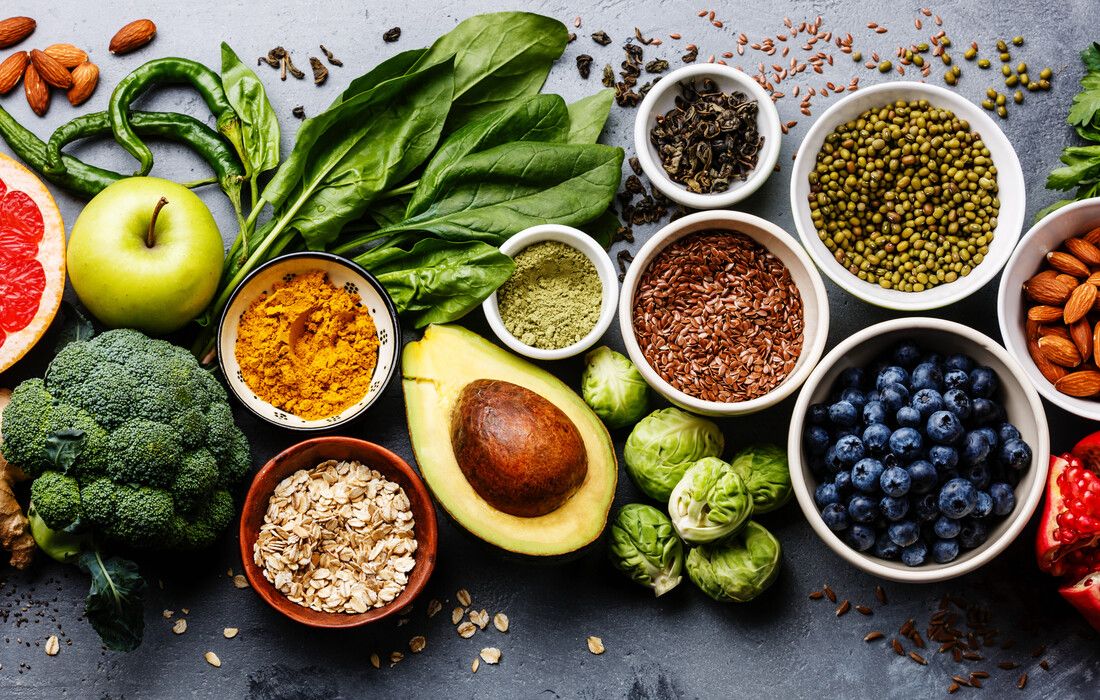
Your body is composed of over 30 trillion cells, each of which is continually listening and responding to environmental signals. Your cells have antennas embedded in their cellular membranes. This is how your cells listen, relay messages to your DNA, and respond to your environment by activating biochemical processes. The food you eat carries information, which the antennas sense and then tell your cells how to behave. You either turn on your anti-aging, disease-prevention, and anti-inflammatory pathways or you turn on your inflammatory, aging, and disease pathways with every bite of food.
For each individual, the foods that prevent disease or turn it on may be different, however, a foundational place for anyone to begin is to remove all processed foods from one's diet and consume a whole foods diet. Removing processed foods and consuming a whole foods diet is one of the most powerful core principles of health and longevity that everyone can benefit from.
Research indicates that over 80% of chronic disease is preventable through dietary changes, moderate exercise, maintenance of a healthy weight, and tobacco cessation. This may seem so simple, however, currently in the United States, more than 50% of all calories consumed are coming from ultra-processed foods!
Improve the quality of your food to improve the quality of your life.
Highly processed foods generally contain fat and sugar in high amounts, combined with flavor enhancers to make them incredibly addictive. This can trigger a surge of dopamine in the brain after consumption, making it very difficult to stop eating them. This is why the re-wiring process can take time; you are actually re-wiring this circuitry in your brain. Sleep, exercise, alcohol reduction, nutrient repletion, gut healing, and a whole foods diet will gradually balance dopamine to reduce and eliminate cravings for unhealthy foods or habits.
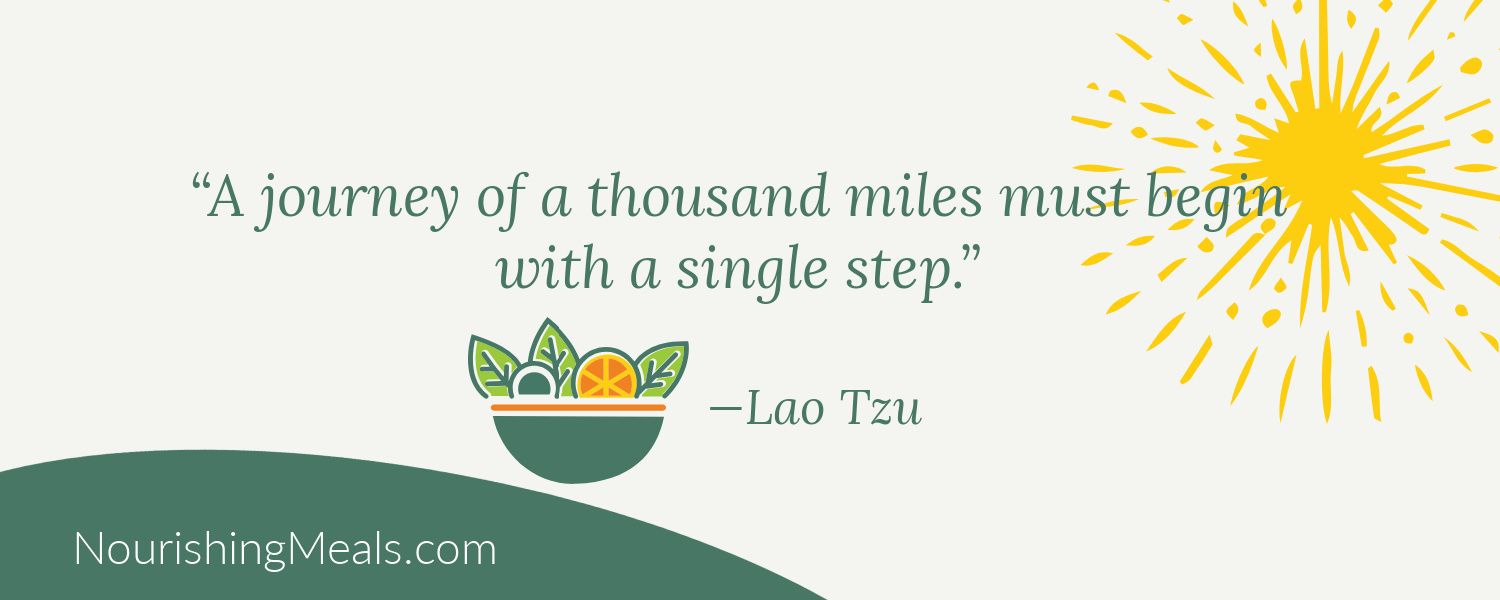
The best antidote to a processed foods diet is to simply cook your meals at home using whole food ingredients! Cooking nearly all of your meals from scratch at home takes time and practice. Create realistic meal plans starting with two to three whole-food-based meals, and build from there. Starting your day with a high-quality breakfast based on protein, fiber, and healthy fats is one of the best ways to begin to transform your health. A meal like this will reduce cravings and change the messages being sent to your cells for the rest of the day!
It's the things you do daily that have the most impact on your health. The food you eat, the water you drink, the air you breathe, and the thoughts you think all send signals to your DNA to change how your body functions. Additionally, the types of microbes that live in your gut are messengers that tell your cells how to behave. The food you eat feeds these microbes, which either creates a calm, anti-inflammatory environment or turns on inflammatory pathways that can lead to disease. Since food is something you can control, then you can start to reprogram every cell in your body by changing your food.
What is the best diet to start with?
If you are ready to transform your relationship with food and begin a healthy eating plan that can carry you through life, there are several foundational diet plans that can get you there. The easiest and most basic whole-food-based diets that include a wide variety of foods are the Clean Eating Diet and IFM Core Food Plan. Both of these diets will lay a strong foundation for health and teach you to cook with a wide variety of whole foods. Remember, diet diversity is a key component to health and longevity.
Two other diets to begin with that include a wide-variety of whole foods are the Mediterranean Diet and the Paleo Diet. The Mediterranean Diet leans towards eating more plant-based meals, while the Paleo Diet is focused on more animal-based meals. You might find that a balance of the two suits you best—some days more plant-based, and some days more animal-based. As you become more in-tune with your body and what it needs, the type of diet becomes less important. As long as you are consuming whole foods, learning to listen to what you need on a daily basis will be a key aspect to your health and wellness journey.
Here's how to set up your kitchen for success:
- Go through your pantry, freezer, and refrigerator and remove all types of highly processed and packaged foods.
- Remove all refined oils from your kitchen such as vegetable oil, canola oil, and peanut oil. Stock your kitchen with healthy fats and oils such as extra virgin olive oil, coconut oil, avocado oil, and organic butter or ghee.
- Go to your local health food store and buy several varieties of whole grains and dried beans, such as black rice, brown rice, quinoa, rolled oats, black beans, chickpeas, and lentils (store these in glass jars in your pantry). Canned, organic beans are great to have on hand as well! I always keep organic, canned black beans, chickpeas, and refried beans on hand for quick meals!
- Fill your freezer with organic or pasture-raised meat and poultry, as well as wild-caught fish.
- Go to the bulk bins at your local health food store and buy a few different varieties of raw nuts and seeds and store them in glass jars in your refrigerator or freezer. Raw almonds, walnuts, pecans, sunflower seeds, pumpkin seeds, flax seeds, and chia seeds are all excellent choices.
- Create a medicinal spice cabinet or drawer! Stock up on small jars of organic herbs and spices and keep them organized so they are easier to use.
- Replace sugar and corn syrup with low-glycemic coconut sugar and pure maple syrup.
- Fill your freezer with frozen organic berries and other organic fruits for smoothies, snacking, and healthy baking recipes.
- Stock up on fresh, organic fruits and vegetables regularly.
- Use healthy, minimally processed foods to keep you on track with healthy eating. Organic rice cakes, almond flour crackers, sprouted corn tortillas, organic preservative-free dried fruits, and dry-roasted macadamia nuts all make healthy, quick snacks!
- Add healthy condiments to your refrigerator and pantry such as dijon mustard, coconut aminos, wheat-free tamari, raw apple cider vinegar, organic balsamic vinegar, brown rice vinegar, and white wine vinegar.
The 12 Gifts of Health
To learn more about the process of transforming your health, visit our 12 Gifts of Health page! Remember, lasting change and transformation takes time. Start where you are and focus on manageable steps that you can begin to incorporate into your life.
Letting go of whatever habit or food that you know is causing issues for you clears the way for more health, vitality, and abundance to flow into your life. Restoring nourishment is about letting go of what isn't in alignment with your highest self, while also adding in the consistent nourishing practices that will bring about real change. Every time you let go of what isn't serving you anymore, you give yourself the self-love and validation that you are worthy of change.
With each new action, you build momentum on a new trajectory of your life. Real, consistent change takes practice. You can start today by cooking a meal from scratch using simple, whole food ingredients. Our membership portal offers meal planning tools and nourishing recipes to support you with dietary change and health transformations.

About the Author
Alissa Segersten, MS, CN
Alissa Segersten, MS, CN, is the founder of Nourishing Meals®, an online meal-planning membership with over 1,800 nourishing recipes and tools to support dietary change and better health. As a functional nutritionist, professional recipe developer, and author of The Whole Life Nutrition Cookbook, Nourishing Meals, and co-author of The Elimination Diet, she helps people overcome health challenges through food. A mother of five, Alissa understands the importance of creating nutrient-dense meals for the whole family. Rooted in science and deep nourishment, her work makes healthy eating accessible, empowering thousands to transform their well-being through food.Nourishing Meals Newsletter
Email updates.
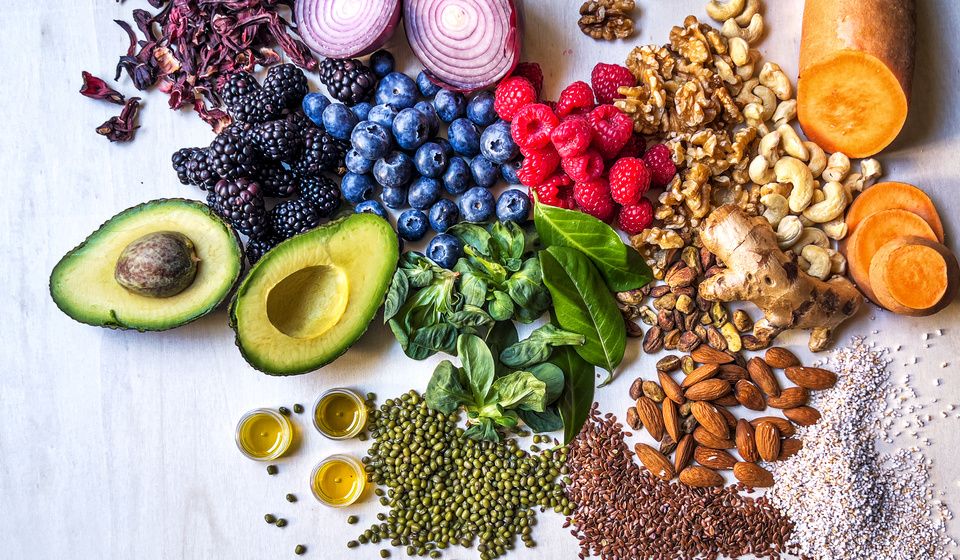

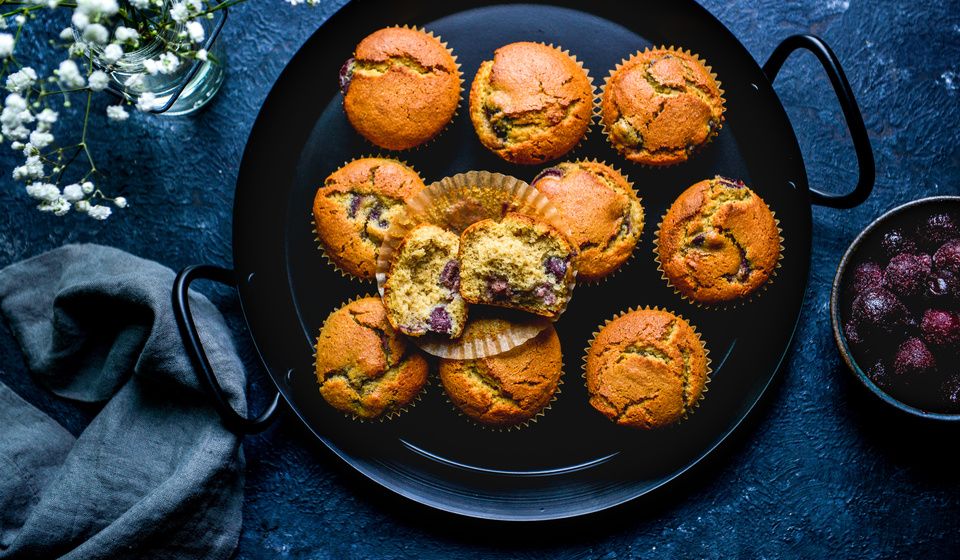

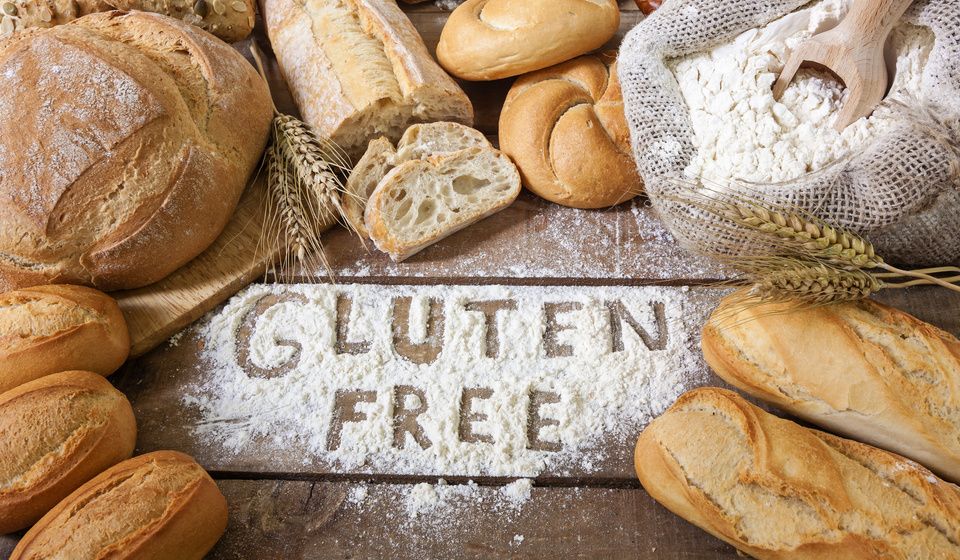

Add Comment